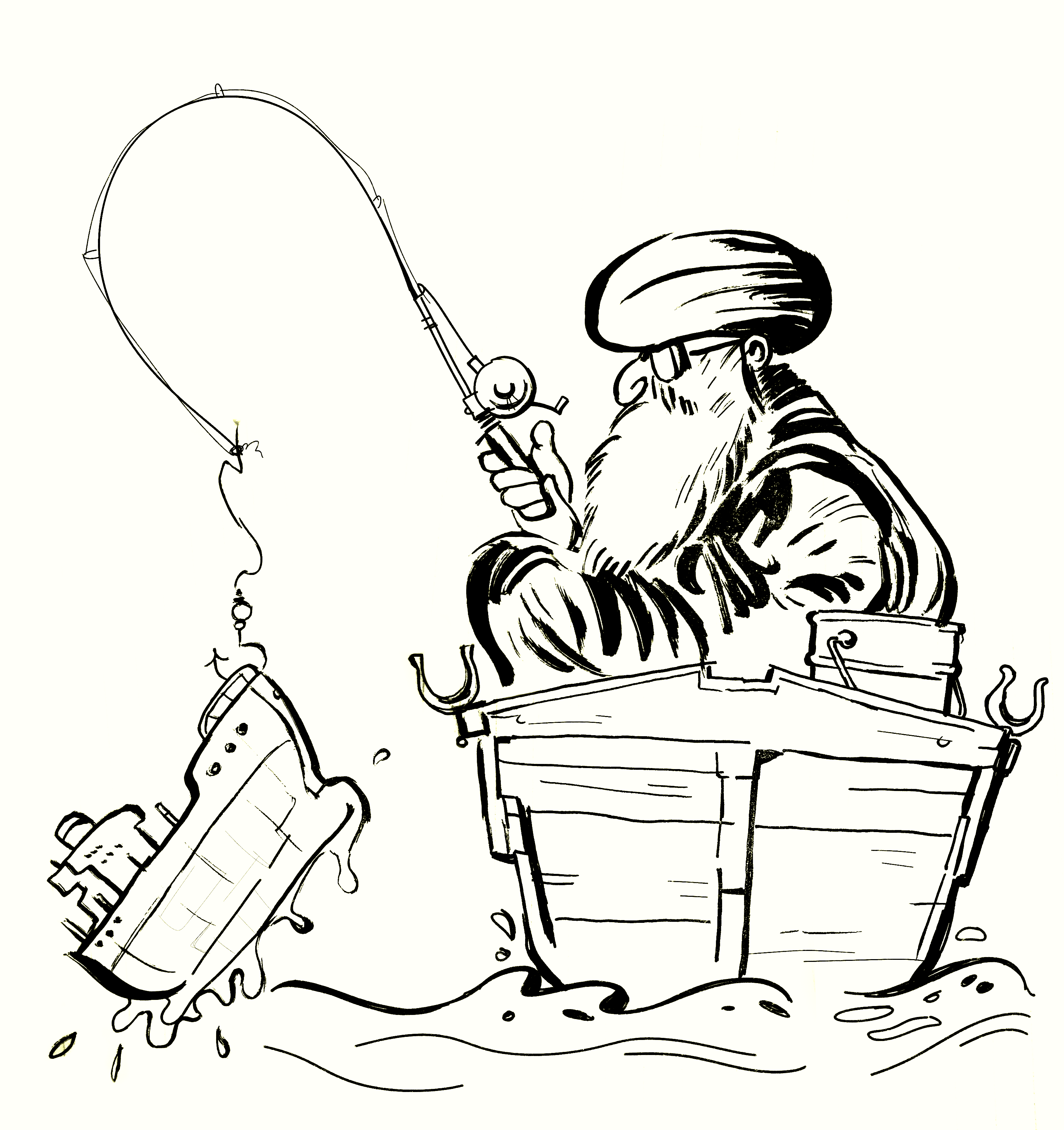Since the October 7 attacks, Gaza has faced a relentless bombing campaign, killing tens of thousands and injuring many more. The Israeli military has annexed northern Gaza, and there has been intense fighting on the ground. The situation is brutal and the worst it has been in years. In the middle of it all are Palestinian civilians who have been suffering the most.
This conflict is one-sided and favourable for Israel. It makes sense, considering that they control everything in and out of the Gaza Strip and have access to billions of dollars of Western money invested directly into their military. This is without mentioning the decades of domination and displacement that have been occurring to the Palestinians. Yet, as obvious as this seems, there is a discrepancy in the use of language by mainstream news. Western news sources, especially, have faced significant criticism for their language use in reporting on conflicts, with accusations of bias in favour of Israel. Israelis are ‘killed’ while Palestinians simply ‘die.’ This kind of wording is problematic because it reduces the severity of the attack.
This is no secret that there is deep bias in reporting the Israel-Palestinian conflict. There is a plethora of reporting and literature that highlights this exact phenomenon. The issue is so severe that the International Press Institute has created a guide for journalists to use when reporting on the conflict to be aware of the potentially loaded language they use that could further inflame and polarize audiences. Within the first week of reporting the initial attack by Hamas and the subsequent bombing of Gaza, the BBC had received 1500 complaints about their biased coverage. It also appears that the BBC is facing flack from their own journalists, claiming that the organization is “failing to tell the story of the Israel-Palestine conflict accurately, investing greater effort in humanizing Israeli victims compared with Palestinians, and omitting key historical context in coverage.” They go further into detail in a 2,300-word letter written to Al Jazeera.
It seems that, for a long time, Israel has been winning the war of words and has successfully maintained sympathies from Western governments and media. But the eruption of this new war might change that, as countless images show rescuers pulling dead civilians, many of them children, out of the debris. Every day, the death toll rises.
But why is this battle over language so significant, and why is there such a concerted effort by the Israeli government to manipulate and sanitize carefully selected phrases? It is all about creating discourses. Discourses are essential because they can explain and influence thoughts and behaviour. They develop relationships between objects and emphasize differences. Discourses primarily structure themselves through the use of binary opposites. When applying to the Israeli-Palestinian conflict, one can see certain discourses emerge, such as dead/killed, militant/terrorist, and rioter/protestor.

These discourses help create specific social realities to be internalized and taken for granted. The apparent bias in news media reporting, which perpetuates these types of discourses, is particularly detrimental to Palestinians. It consistently dehumanizes them and trivializes their struggle, even though they are the oppressed population. Israel, despite its dominant position in terms of power and its role as the aggressor, has managed to shield itself using constructed social narratives. These narratives are designed to divert attention and safeguard the state, even as it engages in overt acts of disproportionate violence and continues a campaign of aggression and displacement, which some argue could be seen as a form of ethnic cleansing.
There is a process of constructing an “other” in the mainstream media discourse. Language in media not only reports but actively creates the identities of ‘victim’ and ‘aggressor’ in the Israeli-Palestinian conflict. Through the lens of post-structuralism, the Israeli-Palestinian conflict is not just a physical struggle but also a war of words and narratives, where language becomes a powerful tool in shaping perceptions and realities. The biased media coverage, favouring Israeli perspectives while often marginalizing Palestinian voices underscores the significant role of discourses in constructing social and political truths.
These discourses are not mere reflections of reality but active agents in creating and sustaining power imbalances. The binary oppositions—such as victim/aggressor, killed/dead, and militant/terrorist—demonstrated in the media’s language are not just linguistic choices but are deeply entrenched in the larger socio-political context, influencing international understanding and policy-making. Ultimately, this perspective on discourse reveals that the battle for peace in the Israeli-Palestinian conflict is not only about physical territory but also about breaking down the oppressive narratives and constructing a discourse that acknowledges the humanity and rights of all involved.





